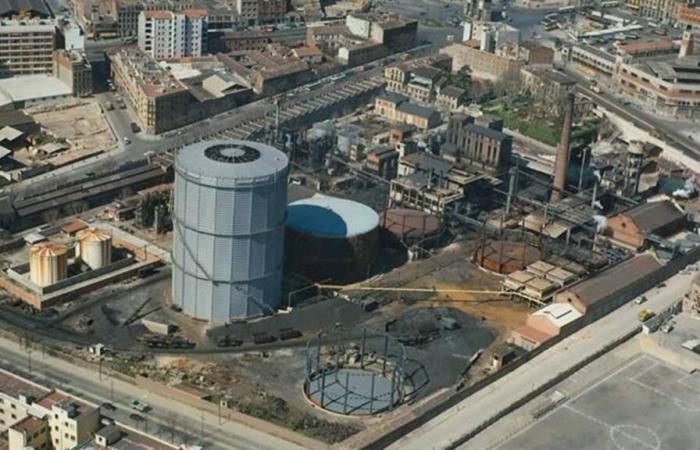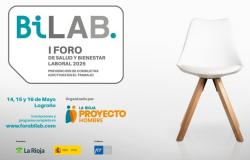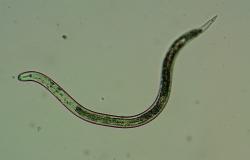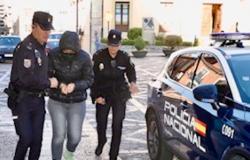The blackout suffered in the Peninsula has forced many to rethink many things. With renewable and nuclear energies. If we add Russia’s tragala on account of fuels, with their gas and oil at prices fired by the Putin war, talking about heat and comfort sources seems like an entelechy. Now, Despite past campaigns in favor of sustainable energies, many look at gas with some longing. This now denied energy source was, not too long ago, the most in terms of modernity parameters. Although it should be noted that nothing had to do, in its beginnings, neither with heating nor with hot water: at that time what prevailed -and it was not a little -was the lighting of the streets and the Madrid homes.
All that long walk towards modernity came after leaving behind the lanterns installed by … of course, Carlos III!, Which worked with sebum candles. The town and cut remained poorly illuminated until in 1846 the gas was introduced, with the creation of the Madrid company for gas lighting. This company was the Gas Madrid germ, born in 1917 and extinct in 1991. It was located between the Toledo round and the Paseo de las Acacias. Today, witness of that time, only the brick fireplacelocated in the Gasometer Street Park. The natural gas company, heiress of all that, was created after a fusion of several companies.
The first gas lanterns were installed, as we said, in 1847 and until the forties – some point out that even at 50 – of the twentieth century they were not replaced by the electric lighting. That Madrid gas factory (also called Gasometer) It was an industrial installation for gas production for lighting that existed in the capital of Spain, in the current district of Arganzuelabetween the mid -nineteenth and the sixties of the 20th century.
The factory, popularly known as the gasometer, occupied the apple close to the Toledo round, and had several ovens, of which a chimney is still preserved, warehouses for coal (raw material for gas manufacturing), several gas storage deposits (gasometers, of which the complex complex took its popular nickname), fragra, as well as the offices of the company and even housing for employees. The gas was obtained from a cool and resin compound.
In 1848 the Madrid City Council ceded these land on the outskirts of the Toledo Gate for the construction of a gas factory for lighting, the Madrid company for gas lighting, created on February 20, 1846. At that time, at that time, Madrid was still surrounded by a fence, And Toledo’s round was precisely the section of Ronda road that surrounded that fence between the door of Toledo and the Portillo de Ambassadors.
The first to receive gas lighting were official agencies, some palaces and public places such as the theaters. The first illuminated streets were the WALK AND THE PARADO STREET and the street of the wolf. The increase in gas demand for lighting, heating and some industrial facilities caused the facilities to be expanding.
In 1856 the Madrid company for gas lighting was declared in bankruptcy and was acquired by the Financial Society Credit Spanish Furniture. In 1865 the company was renamed in Madrid Lighting and Gas Heating Company. In 1876 the factory supplied gas to 4,250 lanterns and in 1929 21,000 public sources still depended on this source of energy, despite the growing presence of electric light.
The scarcity of coal, a consequence of World War I, forced the City Council to take over the factory between 1917 and 1921. That year a new company was created, Gas Madrid, mostly in the hands of Spanish capital, in which the Madrid was integrated, contributing its factories. From the forties of the twentieth century, gas lighting was replaced by the electric. The factory moved to Manotheras in 1967, being demolished shortly after that of the Toledo Round. The plot occupied by the factory, since the 2000s has been urbanized with homes, several streets and a park, which still maintains one of the factory chimneys.






